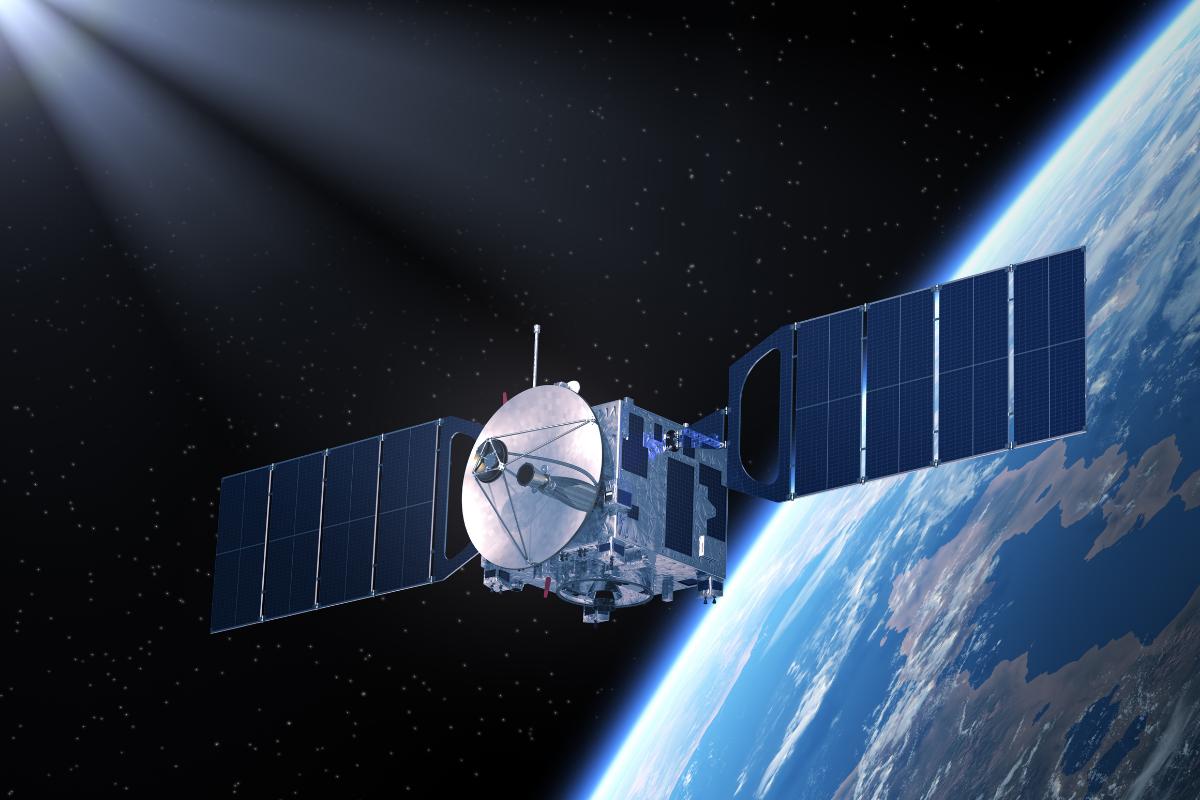
The Telecom Regulatory Authority of India (TRAI) has stood by its recommendations for the satellite communications (satcom) sector. On Thursday, the regulator responded to the queries raised by the Department of Telecommunications (DoT) in which it said that the recommendations for satellite-based connectivity for low bit-rate applications such as IoT (Internet of Things) devices, ATMs, and traffic management are right.
TRAI has published its response to give clarifications to the DoT on the matter raised by the Digital Communications Commission (DCC).
Back in August 2021, TRAI had recommended that the companies should be charged a 1% spectrum usage charge (SUC) on the Adjusted Gross Revenue (AGR) for using satellite frequencies under the national long distance (NLD) service license. Further, the regulator had suggested that the calculation of 1% SUC should be done after separating the revenues generated from satellite-based services from revenues from other licensed services.
TRAI Said Businesses Must Separate the Revenues Themselves
TRAI recommended that the NLD service licensee should be asked to separate the revenues themselves, making it an accounting liability of the business.
DCC had questioned the viability of the recommendation of accounting separation of revenues. TRAI, in its response, said that DoT has not stated any issues with this. The regulator affirmed that it is feasible for the NLD service provider to take on this accounting liability and separate the revenues accruing from the satellite-based services.
Further, DoT shared that the DCC had asked TRAI to give recommendations on reducing the charges which pertain to the rollout of satellite-based communication. But TRAI didn’t reply to this as it was not part of the consultation process. But the regulator said that this matter could be looked into with a consultation paper if the DoT can give a fresh reference for it.
TRAI wants to know from DoT the charges that the government has put on the rollout of satellite-based communications.















